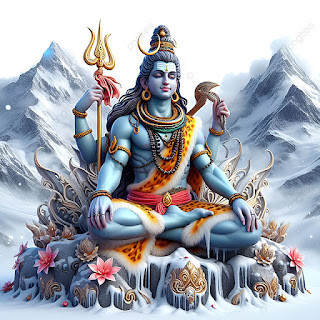Shivaratri
Maha Shivaratri Celebration in Nepal
Maha Shivaratri is a significant religious and cultural festival for Hindus in Nepal. Celebrated on the Chaturdashi Tithi (fourteenth day) of the Krishna Paksha (waning phase of the moon) in the month of Falgun, this festival is dedicated to the worship, fasting, meditation, and night-long vigil in honor of Lord Shiva.
Significance of Maha Shivaratri
Maha Shivaratri is believed to be the night when Lord Shiva and Goddess Parvati were married. According to Hindu mythology, this is also the day when Lord Shiva revealed his divine form to Lord Vishnu and Lord Brahma. Furthermore, during the churning of the ocean (Samudra Manthan), it is said that Lord Shiva consumed the deadly poison (Halahal) on this day to save the universe from destruction.
Special Worship at Pashupatinath Temple
In Nepal, Maha Shivaratri is grandly celebrated at Pashupatinath Temple in Kathmandu. Thousands of devotees from across the country and India visit the temple to offer prayers and seek blessings. The temple premises host special rituals, devotional songs, and cultural programs throughout the day and night.
Fasting, Vigil, and Devotion
Devotees observe a strict fast throughout the day, offering water, milk, sacred leaves (Belpatra), and other offerings to the Shiva Linga in the evening. Many spend the night in prayers, chanting Shiva mantras, reciting sacred texts, and participating in devotional songs and meditations.
Religious and Cultural Importance
Maha Shivaratri is not just a religious occasion but also a festival of social and cultural significance. Many temples host grand fairs, attracting large crowds. People gather to celebrate in devotion and unity, making this festival a symbol of peace, harmony, and spiritual enlightenment.
Maha Shivaratri is an important opportunity for devotees to seek Lord Shiva’s blessings, purify the soul, and embrace divine grace while spreading messages of unity and religious tolerance in society.




No comments:
Post a Comment